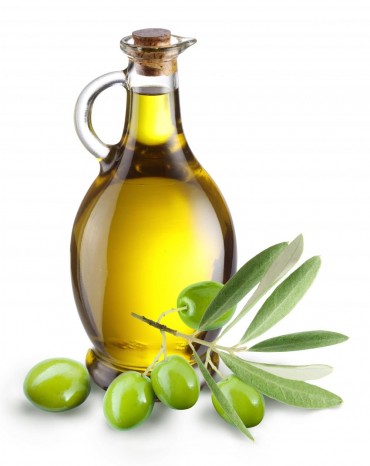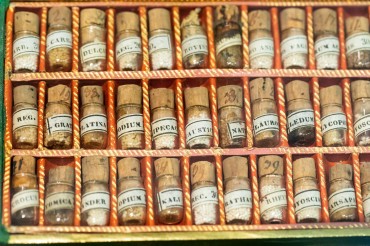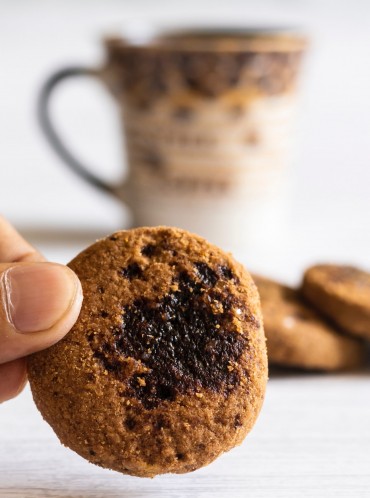Can olive oil be harmful? The answer to that goes deeper than just Yes or No (like almost any other product on the market). There are many things to consider when choosing an olive oil, and knowing how to use it properly to obtain the health benefits from it.
Ask any random person, “what is the best oil to cook food”, and 99% of the time the response will be olive oil. I hear this all too often, especially when my clients first start to work with me. What surprises them the most is that this is NOT the safest fat to cook with and can actually be harmful consuming in any way, if the right type of olive oil is not used.
Do NOT Heat!
Real olive oil is composed of mainly monounsaturated fats (usually 70-85% oleic acid). This particular fat is very delicate and unstable when exposed to heat. This means that the type of fat that olive oil contains will change its molecular structure when heated to a fat that is rancid and harmful to your health.
Olive oil is native to Greece, Italy and Spain. These are cold countries and their cooking styles differ widely from India. Ever noticed these cultures use olive oil by just pouring them over the pizzas or tossing it in salads. At the most it is cooked mildly in the stir fries. In the Traditional Indian Tadka cooking style, olive oil does not fit the bill in any manner.
Exposing olive oil to heat is not only a mistake that many do at home in the cooking process, but most harm actually occurs in the manufacturing of olive oil from compression to heat extraction, filtration, and addition of other toxic ingredients. Most are mixed with cheaper, refined olive oil, often not from the same country and many times with another vegetable oil such as canola or soybean. It is then chemically colored, flavored and deodorized, and sold as “extra-virgin olive oil” to a producer.
How to check the purity of olive oil? Take the Fridge Test
To test the purity of your olive oil, place it in the fridge to see if it solidifies. Many of the oils that are being mixed with real olive oil are polyunsaturated fats and do not solidify where real olive oil does. So if your oil does not harden, toss it, as you know for sure this is not a good quality oil to use.
Tips to help you purchase high quality REAL Extra Virgin Olive Oil:
- Buy in small quantities, do not buy in bulk! Olive oil goes bad quickly, do not stock up.
- Buy in dark, glass containers to keep light from oxidizing oil.
- Look for the words “cold pressed” and “unfiltered”.
- Taste it if you can! Olive oil should taste bitter, pungent, spicy, and slightly abrasive. This ensures high levels of antioxidants. However, it should never burn the back of your throat. Avoid flavors such as moldy, cooked, greasy, meaty, metallic, and cardboard.
- Look for “Extra Virgin”. Other labels such as “pure” or “light” oil, “olive oil” and “olive pomace oil” have undergone chemical refinement.
- Try to buy oils only from this year’s harvest – look for bottles with a date of harvest. Try farmers markets or specialty stores- they usually let you sample.

























































Comments